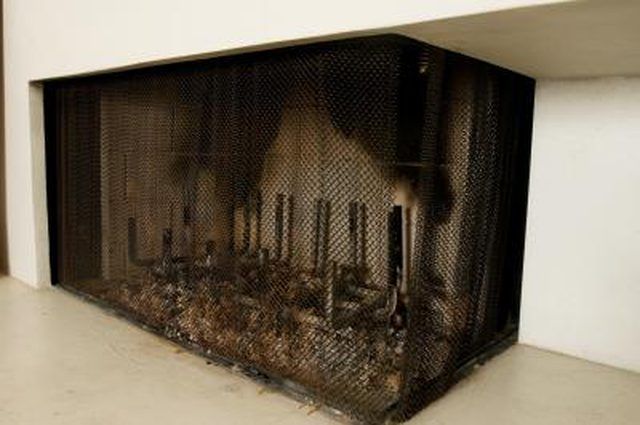Bulbs
Flower Basics
Flower Beds & Specialty Gardens
Flower Garden
Garden Furniture
Garden Gnomes
Garden Seeds
Garden Sheds
Garden Statues
Garden Tools & Supplies
Gardening Basics
Green & Organic
Groundcovers & Vines
Growing Annuals
Growing Basil
Growing Beans
Growing Berries
Growing Blueberries
Growing Cactus
Growing Corn
Growing Cotton
Growing Edibles
Growing Flowers
Growing Garlic
Growing Grapes
Growing Grass
Growing Herbs
Growing Jasmine
Growing Mint
Growing Mushrooms
Orchids
Growing Peanuts
Growing Perennials
Growing Plants
Growing Rosemary
Growing Roses
Growing Strawberries
Growing Sunflowers
Growing Thyme
Growing Tomatoes
Growing Tulips
Growing Vegetables
Herb Basics
Herb Garden
Indoor Growing
Landscaping Basics
Landscaping Patios
Landscaping Plants
Landscaping Shrubs
Landscaping Trees
Landscaping Walks & Pathways
Lawn Basics
Lawn Maintenance
Lawn Mowers
Lawn Ornaments
Lawn Planting
Lawn Tools
Outdoor Growing
Overall Landscape Planning
Pests, Weeds & Problems
Plant Basics
Rock Garden
Rose Garden
Shrubs
Soil
Specialty Gardens
Trees
Vegetable Garden
Yard Maintenance
Fireplace Ashes & Composting
Fireplace Ashes & Composting. Fireplace ash can be added to compost piles or directly to gardens as a soil amendment or addition. The process adds the nutrients left in the ashes, which were originally drawn from the soil by the tree that was cut into the firewood burned in the fireplace, back to the soil.

Fireplace ash can be added to compost piles or directly to gardens as a soil amendment or addition. The process adds the nutrients left in the ashes, which were originally drawn from the soil by the tree that was cut into the firewood burned in the fireplace, back to the soil.
Composting Ash
According to the University of Minnesota Extension Office, fireplace ash should be used sparingly in compost piles. The wood ash raises the alkalinity of the compost pile, which may reduce the nitrogen content of the compost. Nitrogen is a critical element for all plant life.
Woods to Avoid
Avoid ashes from treated wood. These woods can contain arsenic. Ashes from a charcoal barbecue pit should also be avoided due to the substances used to bond the charcoal into the briquettes. Ashes from painted woods can contain heavy metals. Ashes from any questionable source should not be added to a compost pile or added directly to the garden as a soil amendment.
Limits of Use
Overuse of wood ashes in compost or as a soil amendment can increase the PH level of the soil to an unhealthy level. Donít repeatedly spread compost containing ashes in the same area of the garden, and test the PH level of the soil to make sure the ashes arenít causing an unhealthy change in the soil.
Composting Ash
Make sure the ashes are cold and contain no live embers.
Other Benefits of Wood Ash
According to the website gardeningknowhow.com, some soft-bodied garden pests can be controlled by the use of fireplace ashes. The ashes are sprinkled directly around the plants to prevent snails and slugs from attacking the plants. Replace the ashes if they become wet and wash down into the soil.